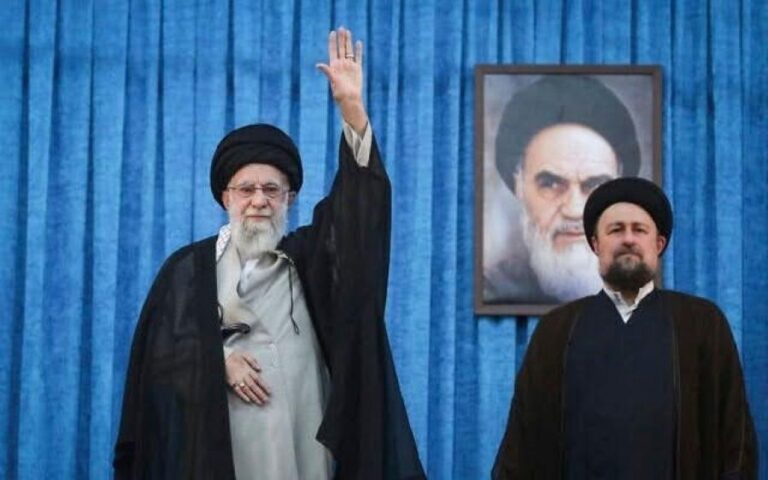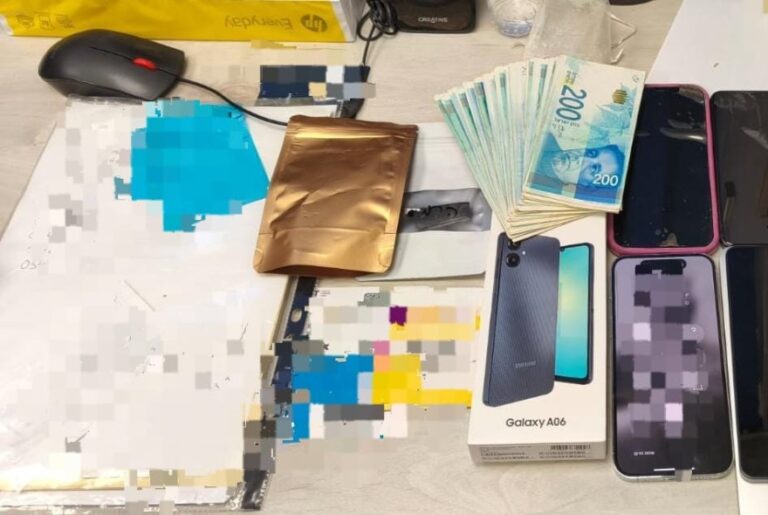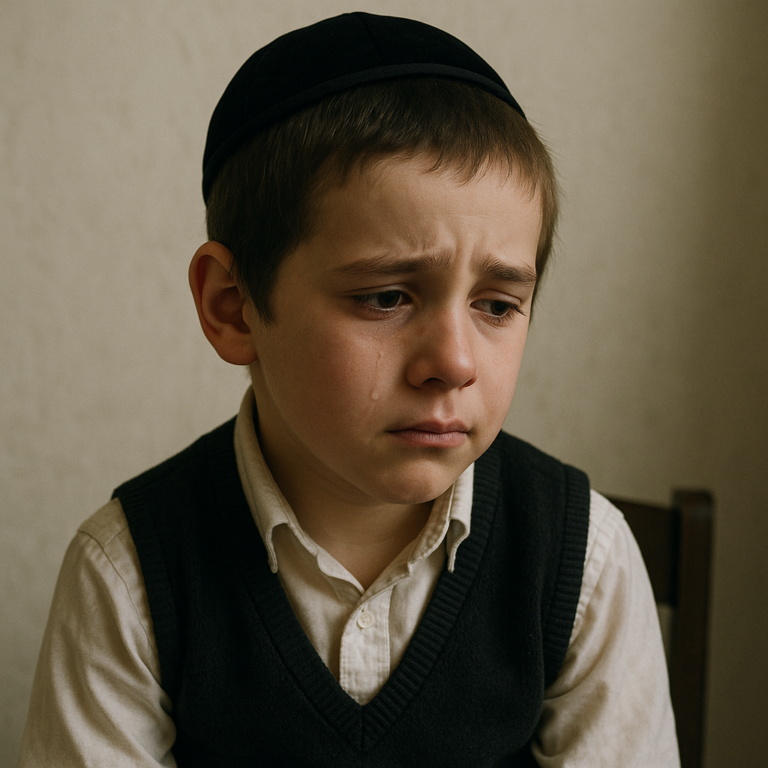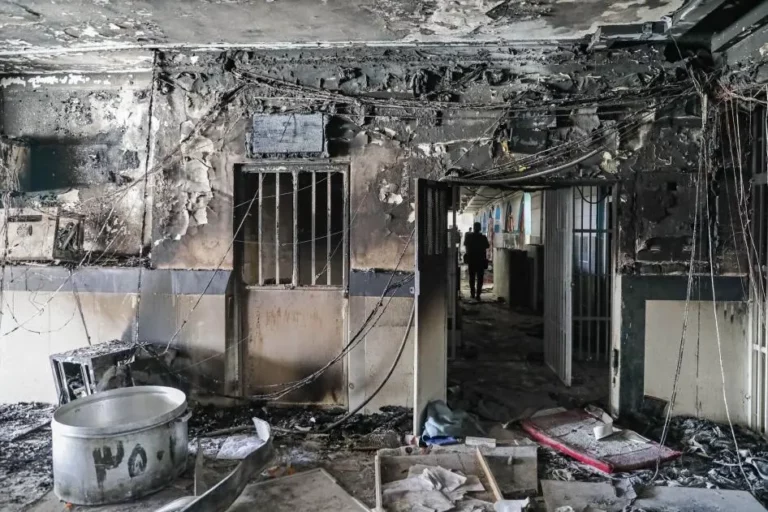Brain injury can affect every function of the body, including physical, emotional and cognitive function. Although physical issues are usually easily recognized, the average person doesn’t appreciate the extent and nature of cognitive deficits that may occur following a brain injury, even a relatively mild one. In fact, most people do not have an understanding of how the different cognitive processes or domains in the brain work, and how injury may impact them, and view “intelligence” as one entity when in fact it is comprised of many different components and processes.
After a brain injury, a physician may recommend a neuropsychological evaluation, in order to identify both the exact nature of the problem and to inform the treatment plan. Testing may be appropriate even for a mild brain injury such as a concussion if the symptoms persist. However, the average person is not familiar with the “neuropsych” testing process, and even after testing is completed, many families still do not understand the utility of the testing and have no idea what to do with the results.
When it comes to children with cognitive deficits, the situation is even more complicated by educational demands or issues. A child may be tested at the recommendation of therapists at a rehab facility, or the administration or teaching staff of a school may recommend or require the evaluation. However, the staff is often unequipped to take the necessary steps to implement the educational plan as formulated in the report.
On June 12th at 8:00 p.m., you will have a unique opportunity to learn about this important issue by attending an educational event co-sponsored by BINA Stroke and Brain Injury and the Weill Cornell Brain and Spine Center, to take place at Sisu V’Simchu at 4127 18th Avenue in Brooklyn; admission is free.
Entitled “The Neurologically Impacted Child in the Educational System,” the event is designed to educate teachers, parents and other professionals how to understand a neuropsych evaluation, when and why it may be necessary, and what you can do, particularly in the yeshiva school system, to maximize the benefit of the testing results.
Presenting at the seminar will be Dr. Kenneth Perrine and Dr. Samuel Mandelman of the Weill Cornell Brain and Spine Center, who are both highly regarded in their field. With their extensive experience in evaluating members of the frum community and as experts in culturally appropriate evaluations, they offer uniquely suitable services to both the chareidi Yeshivish and Chassidic/Yiddish speaking communities.
“What impresses me most about this team at Cornell is that they really know how to use the neuropsych within yeshivos and Bais Yaakovs to the max,” comments Elchanan Schwarz, LMHC, Director of Crisis Intervention at BINA. “There is nothing more frustrating to me than seeing a family go for an eval and end up with a long list of recommendations that are of no practical use because the neuropsychologist doesn’t understand our community or its educational system.”
This event is of interest if you have a child or student with cognitive difficulties, have been referred for a neuropsych evaluation, or already have completed the testing and are unsure what to do with the results. Teachers and professionals who work with children and adolescents with neurological problems will also benefit tremendously. It is particularly important for the staff of Yeshivas, Bais Yaakovs and day schools to attend so that they will understand the information sent to them by a parent or professional and know how to use it effectively.
In the first presentation, Dr. Perrine will be discussing cognitive functioning and how it is impacted by illness and injury. With over thirty years of experience working in the field of traumatic brain injury as a neuropsychologist for top New York hospitals, Dr. Perrine is a leading authority and researcher on concussion, and an expert on epilepsy and complex neurological conditions.
Dr. Samuel (Shmuel) Mandelman holds a PhD in educational psychology from Columbia University in addition to his degree in neuropsychology and will be discussing the reasons to test, the testing process and how to use the results most effectively to benefit your child or student.
As a product of our Yeshiva system who is also Ivy League educated and trained, Dr. Mandelman embodies a rare combination that enables him to evaluate a child’s abilities in Limudei Kodesh subjects and conduct evaluations in Yiddish. He enjoys close relationships with leading Roshei Yeshiva and menahalim and is able to draw from his background in educational psychology to understand complex cognitive profiles and devise implementable recommendations to schools.
Don’t miss this important event if you have questions about the pediatric neuropsych testing process. For more information please call BINA at 718-645-6400.











